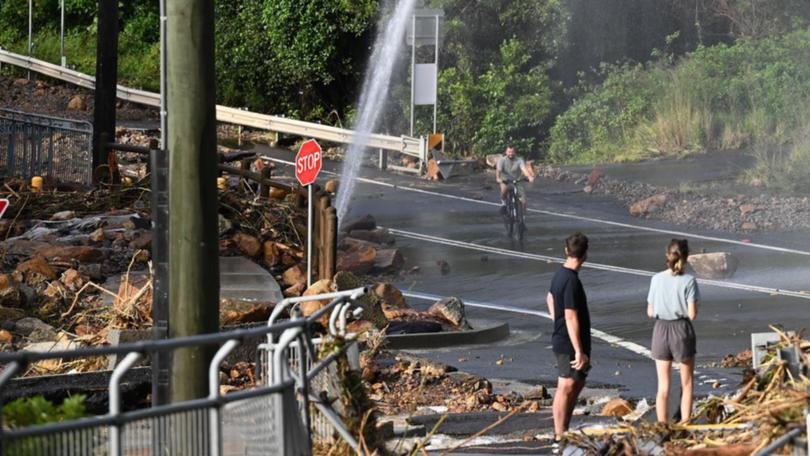Australian insurance policies forced to lapse as ‘extreme’ climate change hikes fees in cost-of-living crisis
More than two-thirds of parents are worried about rising insurance costs pushed higher by climate change.

After watching her house and contents insurance costs double, mother-of-five Bernadette Systa was forced to let her coverage lapse.
She’s not alone, with climate change intensifying and increasing the frequency of extreme weather events, damaging infrastructure and pushing up insurance costs beyond what households can afford.
While worse for those in flood zones and other high-risk areas, costs have been rising across the board as insurers price in higher overall risk.
Sign up to The Nightly's newsletters.
Get the first look at the digital newspaper, curated daily stories and breaking headlines delivered to your inbox.
By continuing you agree to our Terms and Privacy Policy.The latest estimates from the Actuaries Institute found the median insurance premium had lifted nine per cent in the year to August, and 30 per cent for those in areas at risk of floods or cyclones.
Ms Systa said her home and contents insurance jumped from just over $1000 a year to well above $2,000 in 12 months.
While not in a flood zone, storms and thunderstorms are common where her family live in south outer Brisbane.
“We’re getting more extreme storms with hail and wind, and it’s that kind of damage that I am probably most concerned about,” she told AAP.
A survey by Parents for Climate and the Climate Council, released on Thursday, found 71 per cent of parents were concerned about higher insurance costs.
The wide-ranging report catalogued the impact of climate-fuelled price rises on the economy and Australian families.
Independent economist and Climate Councillor Nicki Hutley said oil and gas was fuelling two crises at the same time - climate change and the high cost of living.
“Aussies are doing it tough every time we fill up cars with pricey petrol or use expensive gas to heat our homes,” she said.
“These polluting products are also driving up inflation.”
Three in 10 of the 1590 parents surveyed said they were struggling to afford food, power bills or insurance.
The economist said there was huge demand for rooftop solar, household batteries and energy efficient appliances to both cut costs and lower emissions.
Ms Systa said she was lucky enough to have solar panels helping her keep energy bills down, but was keen to see government subsidies or other measures to bring down electric car costs.
“We’ve got two petrol-guzzling cars and they’re expensive to run and bad for the planet,” she said.
“I’d love to be able to afford an EV, but at the moment they’re just out of our price range.”
